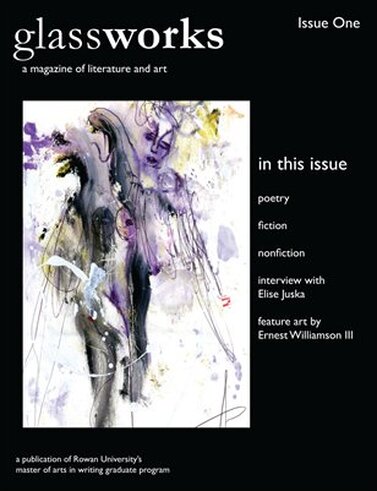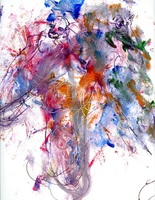|
lookingglass
Through the "Looking Glass," readers are invited to dig deeper into our issues as contributors share reflections on their work. Specifically, "Looking Glass" provides a sort of parlor where authors and artists reveal the genesis of their pieces, as well as provide meta-discursive insight into their textual and visual creative works. Issue 1 Reflections
Read on for reflections by select authors and artists
on the genesis and craft of their pieces in Glassworks and then read the full issue online! |
|
Glassworks is a publication of Rowan University's Master of Arts in Writing 260 Victoria Street • Glassboro, New Jersey 08028 [email protected] |
All Content on this Site (c) 2024 Glassworks
|



